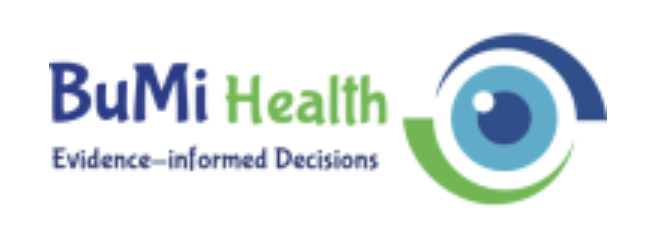There is glowing recognition of the role of systematic priority-setting in healthcare decision making in Africa. The proposed use of Health Technology Assessment (HTA) is gaining prominence across countries. The use of HTA for decision-making can prove critical in priority-setting, strategic purchasing and quality improvement approaches. However in Africa, a lot of evidence of HTA use is associated with priority setting for health benefits packages.
In priority-setting, there is growing demand for HTA use in benefits package developments. In South Africa, Malawi and Zambia have been rolling-out a defined benefits package for their essential healthcare package and social health insurance respectively. Zambia has more recently, also embarked on the revision of its essential health care package in addition to its social health insurance package. South Africa has been instituting mechanisms for its social health insurance. In East Africa, Kenya, Rwanda, Uganda, Ethiopia and Tanzania have increasingly been making use of priority-setting for their benefits package work. In Ethiopia, the recent essential healthcare package development, showed extensive use evidence in identifying what goes in and out of the package. Kenya had been implementing a prioritised package in a selected counties as a precursor to the proposed social health insurance. However, by the end of 2021, the national health insurance bill was not passed. In Rwanda, there has been active use of systematic priority-setting in the implementation of the community health insurance scheme. In Tanzania, priority-setting using HTA was piloted for the essential medicines list decision-making process. Uganda has recently initiated mechanism to use systematic priority-setting for the development of its essential healthcare package. In west Africa, Nigeria and Ghana have been pioneers of the use systematic priority-setting in their social health insurance health benefits packages. At the end of 2021, Ghana had generated a guiding strategy for the implementation of health technology assessment.
The role of stakeholders in systematic priority-setting processes needs to be inclusive. The priority-setting market has predominantly been driven by Government, academics and donors. Whereas this is recommendable progress, other key stakeholders as the private sector and patient and citizen involvement remains at its infancy. This can highly be attributed to the limited institutionalisation of HTA in most countries. The limited use of all stakeholders introduces in concerns of legitimacy on the decisions secured from these processes and likely to stifle the steady progress towards systemic use of evidence to informal decisions. There are defined roles for all market players in the implementation of HTA in HIC that Africa can learn and contextualise on. Governments create an enabling environment for all stakeholders to participate in decision making process through institutionalising priority-setting processes. The legal mandates will catalyse the adherence of the private sector in securing evidence to guide decision for pricing and reimbursements. Furthermore, citizen involvement ensures legitimacy in decision-making.
BuMI (Health) Priority-Setting Consultancy is narrowing the gap for the involvement of private sector and citizens in decision-making. Find out more on our diverse services on HTA, Health Economics, Financing and Market Access.
